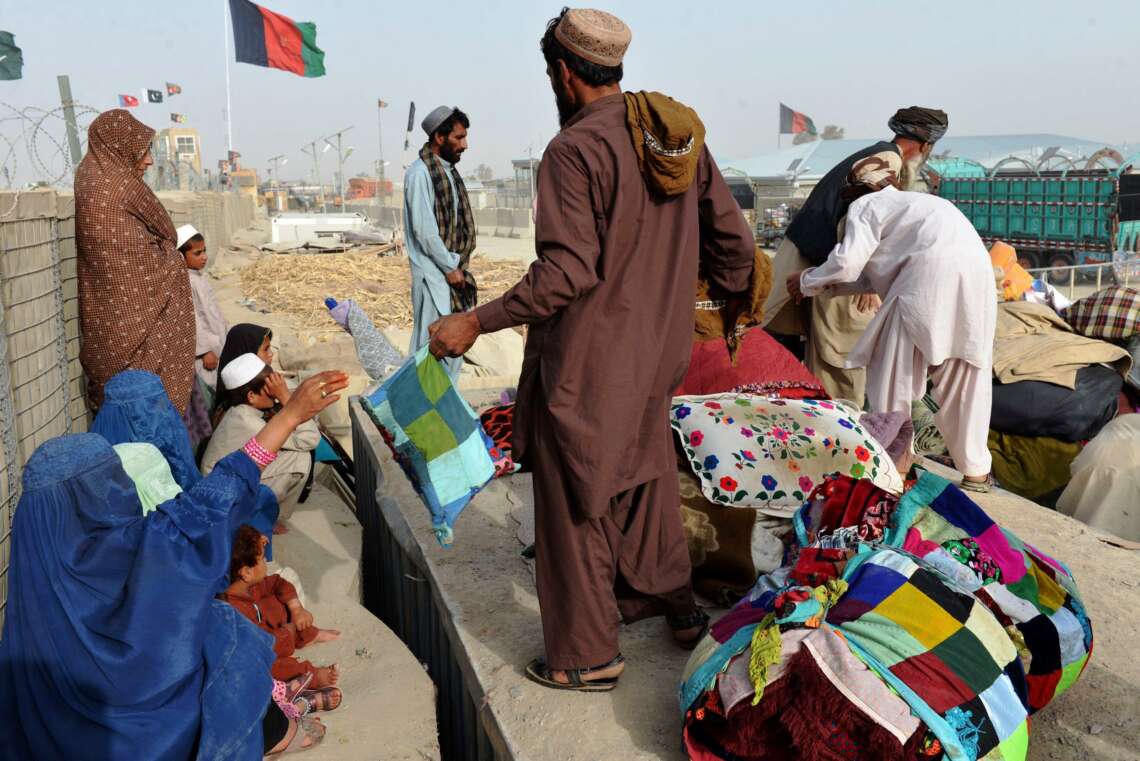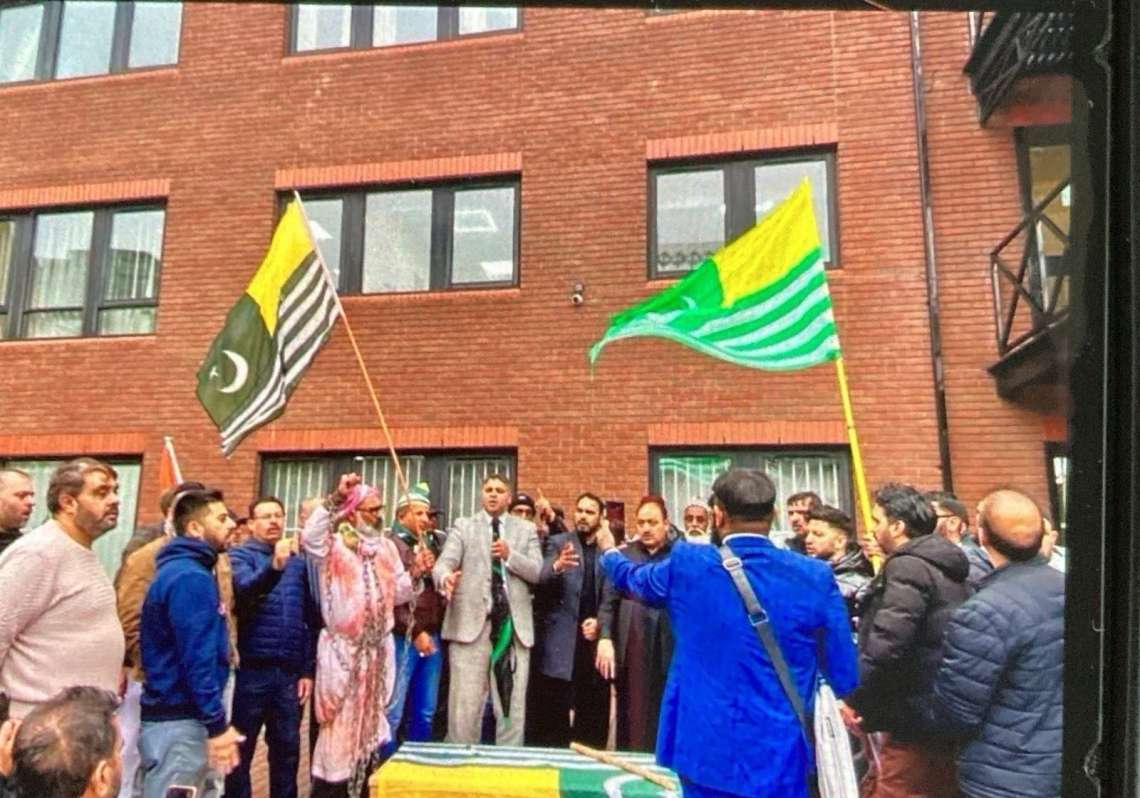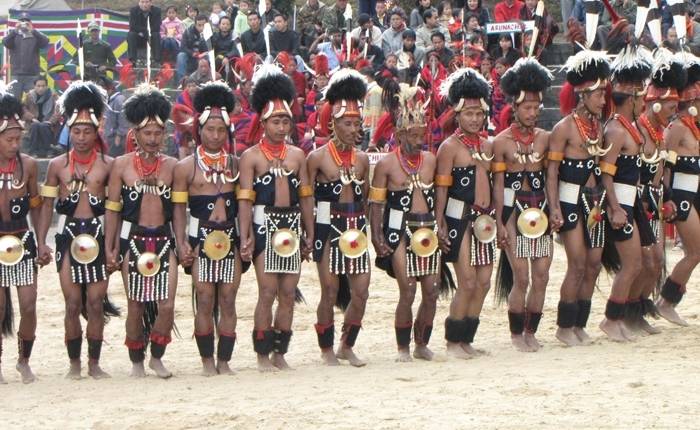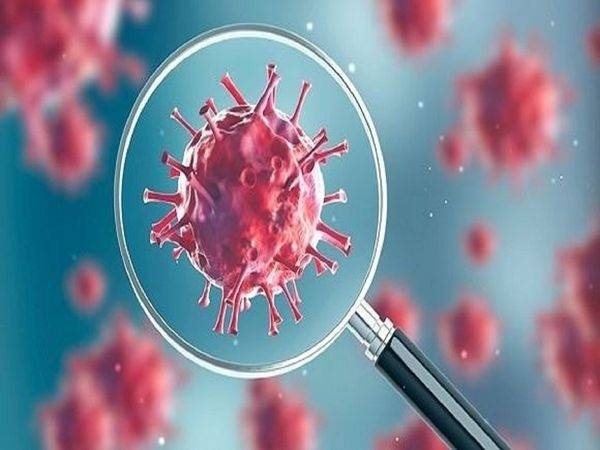Thousands of people, including women and children, continued protesting in Gwadar in Pakistan for the 17th day on Wednesday, demanding among other things, access to clean drinking water and an end to “trawler mafia”…reports Asian Lite News
Protesters from Gwadar, Turbat, Pishkan, Zamran, Buleda, Ormara and Pasni are taking part in the Gwadar Ko Huqooq Do Tehreek (Give Rights to Gwadar Movement) led by Maulana Hidayat-ur-Rehman, a local leader of the Jamaat-i-Islami. They have vowed to continue their protest till their demands are met.
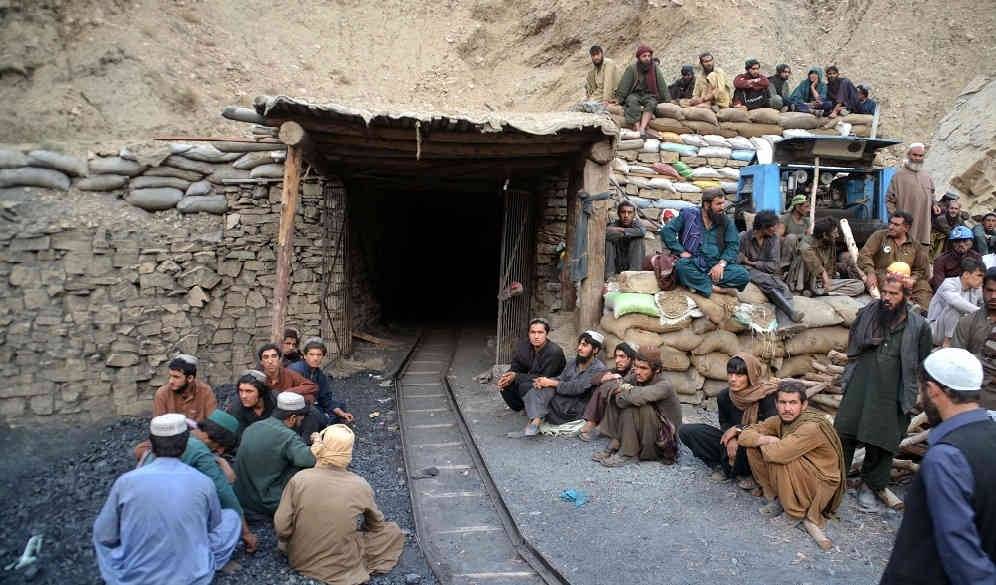
Speaking on Dawn News programme earlier, Rehman said when the Gwadar port was inaugurated in 2002, and again when work on the China-Pakistan Economic Corridor (CPEC) began, the people of Gwadar were told that the projects would transform the province as well as the whole of Pakistan.
“But the residents in Gwadar do not have water, electricity, education, medical treatment or employment nor are they being respected … not a single penny of CPEC was spent on Balochistan. We got dead bodies instead,” he said, as per the report.
Rehman said the protesters were not asking the Balochistan government for employment opportunities but only protection for the means of livelihood they already had – fishing. “The federal and provincial governments and influential people are patronising the trawler mafia.”
“Allow us to earn a livelihood,” he demanded. “Give us respect.”
Talking about Balochistan Minister Buledi’s statement on action against fishing trawlers, Rehman said, “They (government) are giving us assurances again and again but they are a picture of helplessness and it was apparent that the trawler mafia is more powerful than provincial government. They are driving our marine life to extinction.”
He lamented the lack of clean drinking water, observing that in an era of technology, the residents of Balochistan who were living along the coastline could “see the water but can’t drink it”, the report said.
“There was a [desalination] project in an area at some distance from Gwadar. It was said it would provide 20,000 gallons of water daily. By God’s grace, not even 20 glasses of water have been desalinated,” he quipped, adding that Rs 1 billion had been spent on the project.
ALSO READ: Pashtun revolt against Pakistan peaks in Balochistan
Rehman noted that people in Balochistan living close to the Pak-Iran border had families in the neighbouring country and imposing restrictions on their movement would be akin to breaking them apart. “We get cheaper items on the border with Iran. We used to get them for 500 per cent reduced price as compared to our own products before restrictions and security checkposts.
“If we are benefiting from a [fluid] border, then it’s the government’s responsibility to legislate for that. When our Constitution can be amended overnight to benefit one person, then why can’t [lawmakers] sit for the benefit of the entire public?” he questioned, the report added.



